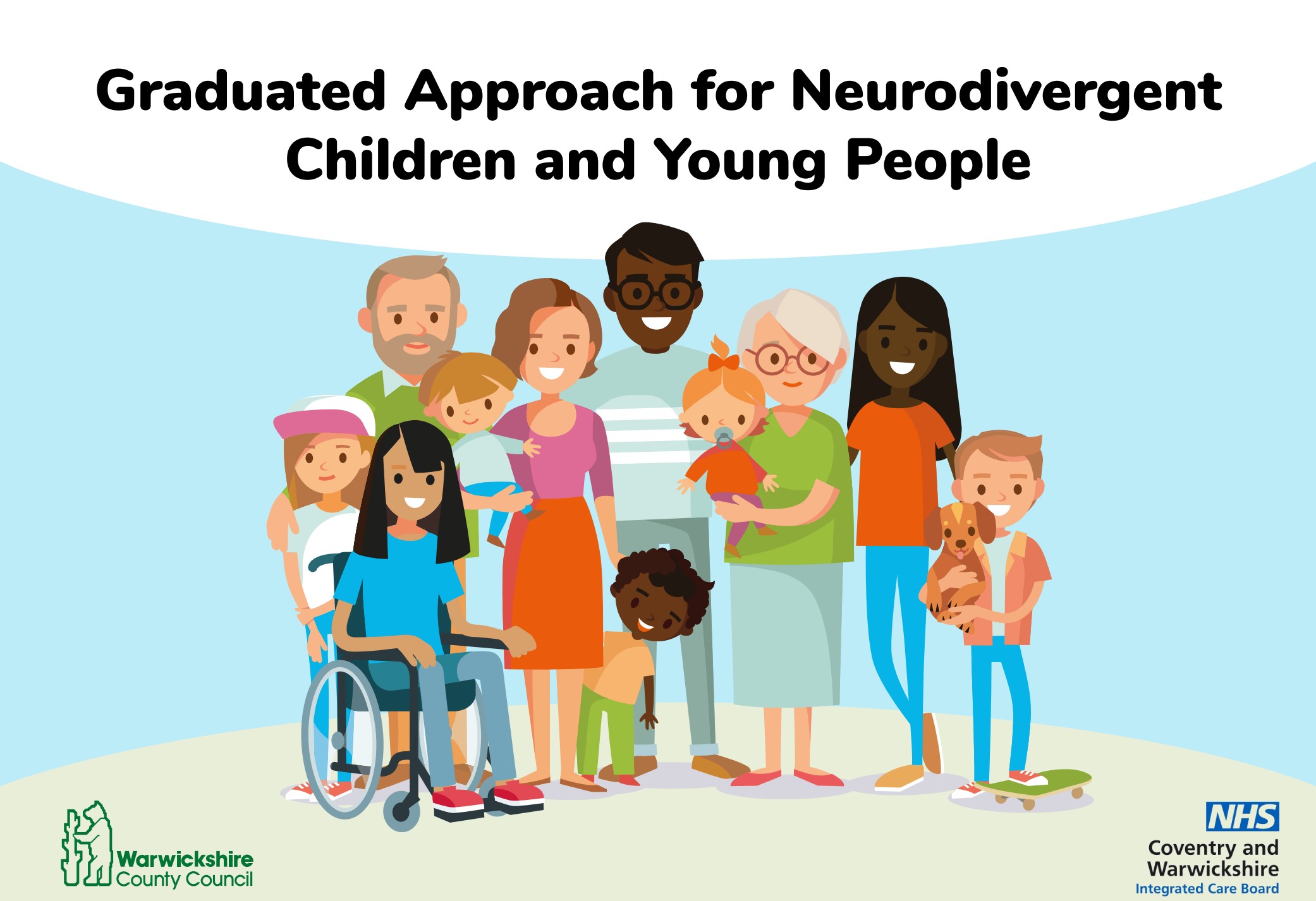
Schools play a key role in supporting families with children and young people with special educational needs and disabilities through the Graduated Approach - Assess, Plan, Do, Review.
Families across Warwickshire are being reminded of the support available for children and young people with Special Educational Needs and Disabilities (SEND), and the important role schools play in delivering that support through the graduated approach, a four-stage cycle that ensures tailored support is provided to meet each child’s individual needs.
The graduated approach - Assess, Plan, Do, Review, is a continuous cycle that helps schools to identify children’s needs early, put the right strategies in place, and adjust support as necessary. This approach is set out in the national SEND Code of Practice and ensures that children with SEND are not only included in mainstream education but are also empowered to reach their full potential.
To find out more about the graduated approach visit the website here.
Currently, around 13,300 children in Warwickshire receive SEN support through the graduated approach without an Education, Health and Care (EHC) Plan. An additional 7,000 children and young people with an EHC Plan also benefit from this approach as part of their personalised support
Cllr Wayne Briggs, Portfolio Holder for Education at Warwickshire County Council, said:
“The graduated approach allows schools to provide the right level of support at the right time, helping children and young people with SEND to thrive and achieve their potential. It’s about listening, learning, and adapting support so that no child is left behind.”
Warwickshire County Council continues to work in partnership with schools, families, and local services to strengthen SEND provision and ensure that the graduated approach is used effectively across all educational settings.
Graduated support may include:
-
Differentiated teaching methods tailored to individual learning styles
-
Targeted interventions to address specific learning or emotional needs
-
Involvement of specialists such as educational psychologists or speech and language therapists
Parents and carers interested in learning more about the graduated approach for neurodivergent children and young people visit here or speak with their school’s SENDCo (Special Educational Needs and Disabilities Coordinator).
If you think your child has SEND visit SEND help for more.